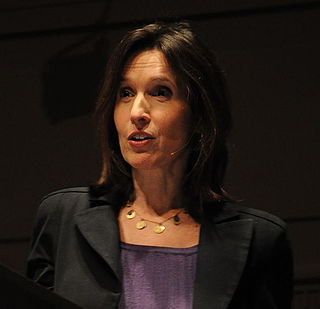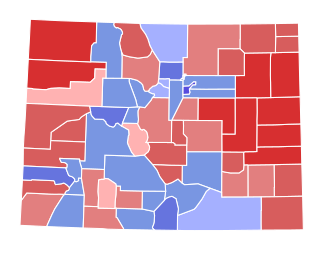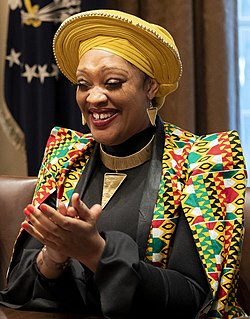A Quote by Shelby Steele
Jesse Jackson and Al Sharpton cannot write a timeless letter to us from a Birmingham jail or walk, as John Lewis did in 1965, across the Edmund Pettus Bridge in Selma, Ala., into a maelstrom of police dogs and billy clubs.
Related Quotes
I mean the former presidents are going to be there [on Donald Trump inauguration]. The Clintons are going to be there. Jimmy Carter is going to be there. If Donald Trump needs a lesson in John Lewis and what he has done beyond talk, he could ask his own vice president.Mike Pence went to Selma in 2010 with John Lewis, was there on the Pettus Bridge, talked about him as somebody who has the moral authority and courage that continues to inspire millions of Americans.
And here come the Left Brothers - Al "747" Sharpton and Jesse "DC 10" Jackson - barreling in for a landing on top of Goodell's dome. And this time every black person with an ounce of common sense and self-respect is riding shotgun with Jesse and Al, who have justifiably voiced their displeasure with Limbaugh's ownership bid.
With all respect to Congressman Lewis, when I think about him, I always have that image in my mind when he was on the Selma Bridge. The truth of the matter is, with all that he has given towards the fight for civil rights - which we greatly appreciate - these are no longer the days of marching over the Selma Bridge.
When you reflect upon the significance of Dr. King to this nation, it's criminal that he hasn't had a feature film that was centered around him until now. That, in and of itself, was emotional. But when you're doing scenes on the Edmund Pettus Bridge, with people still living in Selma and now in their 60s and 70s who had actually marched, who were there that original Bloody Sunday, that's humbling... that's deeply moving. You're no longer acting at that stage, you're just reacting, because it takes the filmmaking process to another dimension.
I thought I was going to die a few times. On the Freedom Ride in the year 1961, when I was beaten at the Greyhound bus station in Montgomery, I thought I was going to die. On March 7th, 1965, when I was hit in the head with a night stick by a State Trooper at the foot of the Edmund Pettus Bridge, I thought I was going to die. I thought I saw death, but nothing can make me question the philosophy of nonviolence.
But something stirred across the country because of what happened in Selma, Alabama, because some folks were willing to march across a bridge. And so they [my parents] got together, Barack Obama Jr. was born. So don't tell me I don't have a claim on Selma, Alabama. Don't tell me I'm not coming home when I come to Selma, Alabama.


































